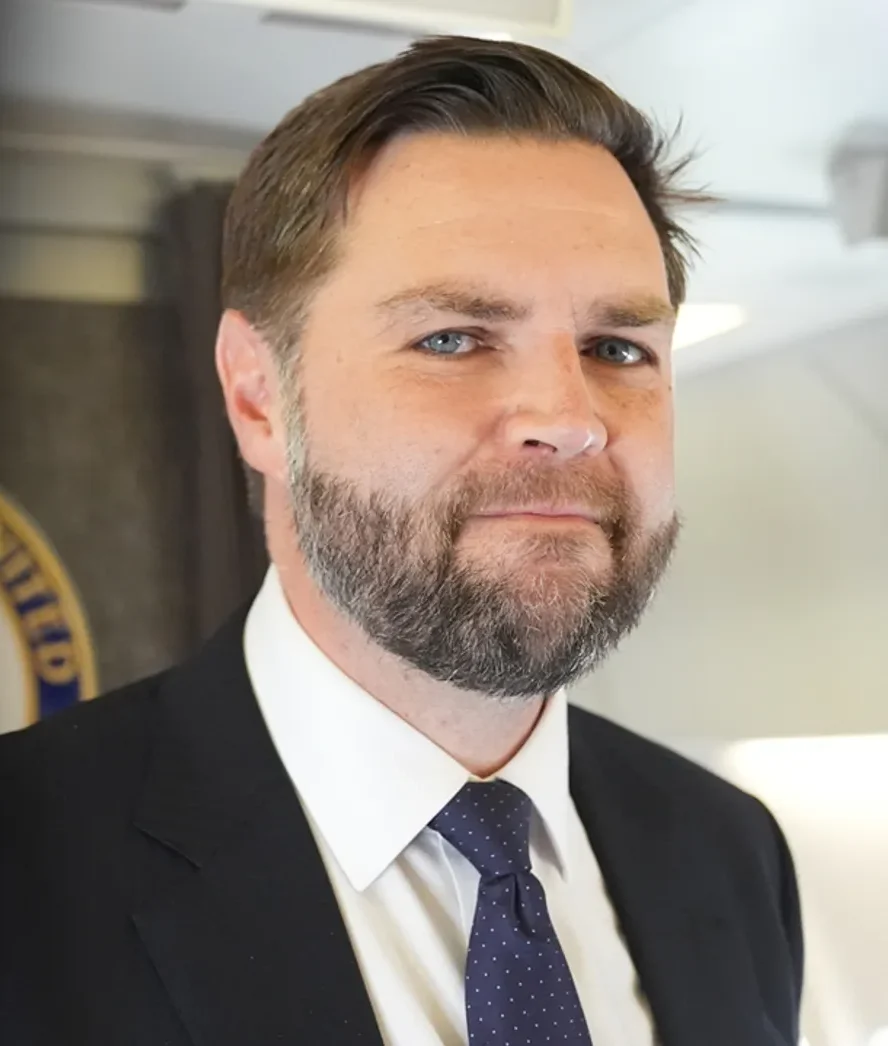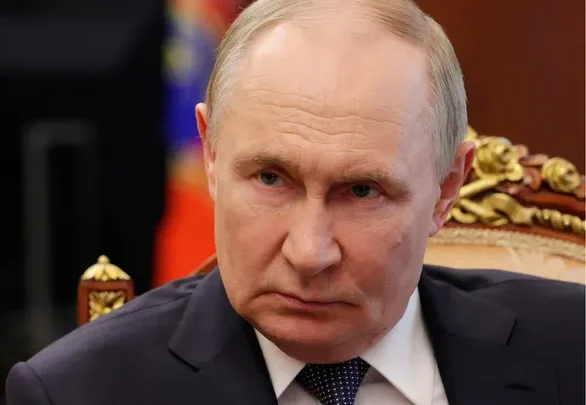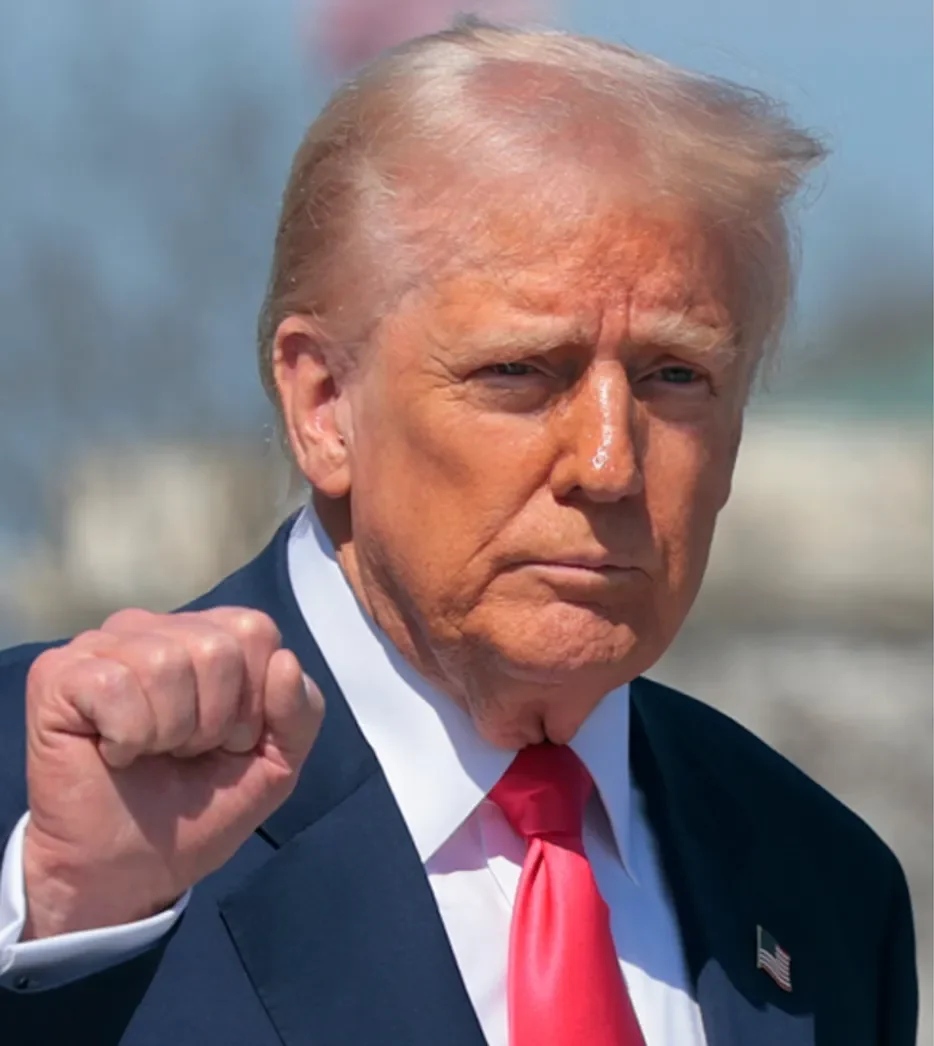In a highly controversial and defining move, former President Donald Trump signed an executive order Wednesday aimed at restricting transgender athletes from competing in women’s sports. The order, titled “Keeping Men Out of Women’s Sports,” marks the most aggressive step yet in Trump’s broader campaign promise to protect what he describes as the integrity of female athletics. By directly targeting the inclusion of transgender women and girls in female categories, this decision signals a hard pivot in federal policy that is expected to reshape debates on Title IX and gender identity across the nation.
The executive order mandates federal agencies, including the Department of Justice, to interpret Title IX—the landmark 1972 law prohibiting sex-based discrimination in education—as banning transgender athletes from participating in women’s sports. The order’s enforcement extends beyond federal oversight, with state attorneys general instructed to develop strategies for ensuring compliance. Schools, universities, and athletic bodies like the NCAA will be expected to adapt their policies or face legal and financial consequences, including potential loss of federal funding.
Standing alongside female athletes during the signing ceremony, Trump struck a defiant tone, characterizing the inclusion of transgender women as a threat to the success and safety of female competitors. “We will defend the proud tradition of women’s sports,” Trump declared, reiterating his opposition to what he described as “transgender lunacy.”
Critics quickly responded, accusing Trump of fueling discrimination and creating a hostile environment for LGBTQ+ youth. The Human Rights Campaign (HRC) denounced the order, arguing that it could lead to invasive questioning of children’s gender identities and increase the risk of harassment. HRC President Kelley Robinson emphasized the potential harm to transgender youth, noting that for many students, sports are a vital space for belonging and personal growth.
However, the administration views the order as a necessary correction. White House senior policy strategist May Mailman stated that the goal is to “protect women’s sports” while maintaining opportunities for co-ed competition. According to Mailman, the executive order does not seek to impose rigid sex stereotypes but instead aims to preserve fairness in athletic competition.
Despite the vocal backlash, Trump’s supporters view the move as long overdue. Athlete-advocate Riley Gaines, a prominent opponent of transgender inclusion in women’s sports, praised the order, noting that many female athletes feel silenced and overlooked when competing against biologically male individuals.
Adding further weight to the administration’s approach, the order directs the secretary of state to pressure international bodies, including the International Olympic Committee (IOC), to maintain strict single-sex competition guidelines. Additionally, the Department of Homeland Security will review visa policies for transgender athletes, potentially restricting international competitors from participating in U.S.-based events under their identified gender.
Although Trump’s executive order represents a sweeping policy shift, the data suggests that transgender athletes make up a small fraction of competitors. NCAA President Charlie Baker testified in December that out of 500,000 NCAA athletes, fewer than 10 are transgender. Still, Trump’s administration views these numbers as irrelevant when fairness and opportunity for female athletes are at stake.
Donald Trump signs a transgender sports ban that would affect less than 1% of student athletes. pic.twitter.com/QzXuGZqodM
— The Recount (@therecount) February 5, 2025
The broader implications extend beyond sports. Last week, Trump signed another executive order limiting access to gender-affirming care for minors, banning federally funded medical institutions from providing treatments such as puberty blockers and hormone therapy for individuals under the age of 19.
As legal battles loom, Trump’s latest actions reflect a broader cultural and political battle over gender identity, with supporters framing the orders as a defense of traditional values and critics arguing they strip away the rights of already marginalized communities. In any case, Trump’s executive order guarantees that the fight over transgender inclusion in sports will remain a key issue in the national spotlight for years to come.



